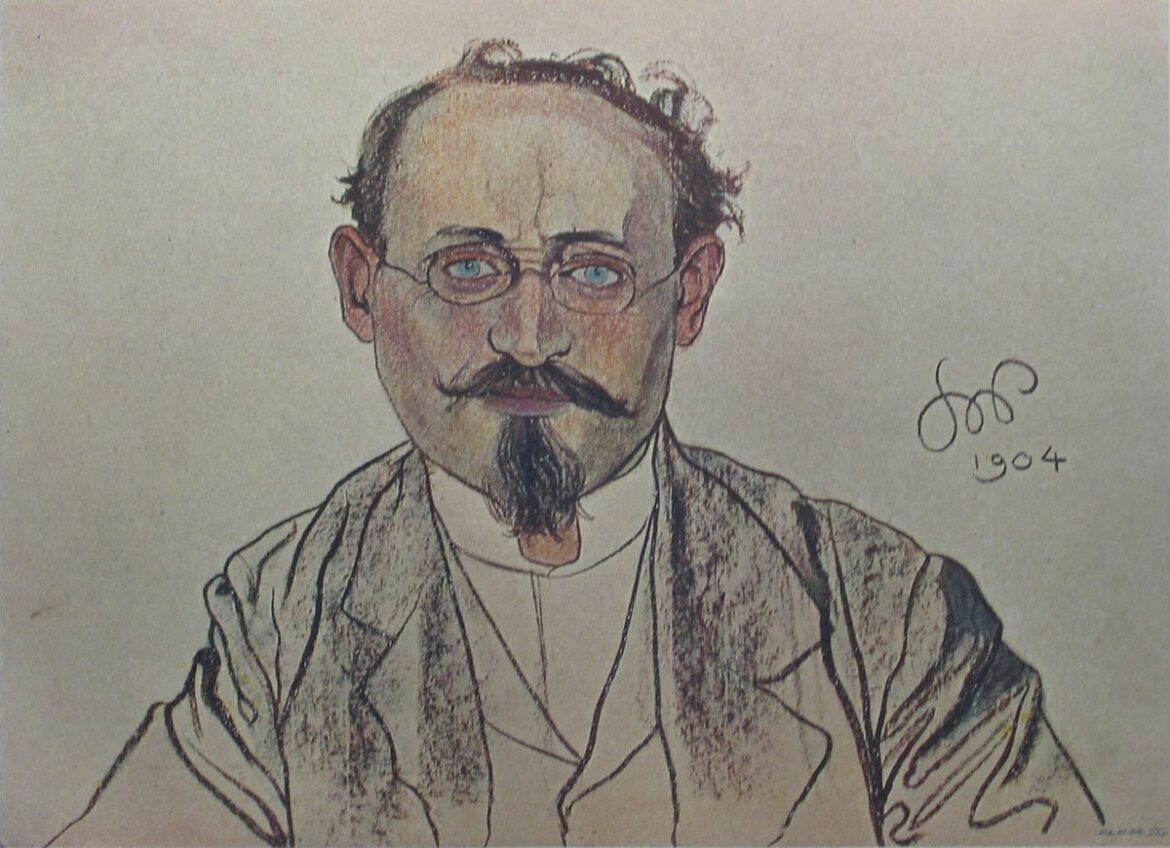“Mickiewicz made me a Pole.” This is what Wilhelm Feldman, one of the most important positivist-modernist literary critics, writer, playwright, politician and social activist, promoter of the assimilation of Jews in Poland wrote about himself.
He was born on April 8, 1868, in Zbaraż to a poor, orthodox Jewish family. Parallelly to his studies of the Talmud, he attended an elementary state school. His pro-assimilation position was shaped by his reading and contacts with Polish culture.
He participated in the creation of Polish patriotic associations, including the Polish Youth Association “Zet”. In 1887, he published his first novel – Beautiful Jewess. During this period, his work focused primarily on the problem of the poorest Jewish population, whose material status blocked assimilation.
In 1889, he moved to Kraków and acted to improve the condition of popular education, wrote articles and brochures in which he criticized Jewish isolationism (On Jewish Jargon 1901) or gave examples of cooperation between Poles and Jews (Assimilators, Zionists and Poles 1893, Mickiewicz’s attitude to Jews 1890). In 1900, he took over the editor of the collapsing Krakow monthly “Krytyka”, playing a significant role in shaping the worldview of the young generation of Polish intelligentsia. He spread the cult of knowledge and provided reliable information about political, scientific and literary events.
As a supporter of patriotic and social tendencies in literature, he appreciated the works of Stanisław Wyspiański and Stefan Żeromski. Apart from literary criticism, he also practiced dramatic and prose works. He wrote on moral-social, patriotic-historical and Judaism-related topics. Engagement in regaining independence for Poland triggered him to join the Polish Legions, but due to poor health, he was delegated to Berlin to work on a campaign for the independence of Poland. He died on October 25, 1919, in Krakow.





